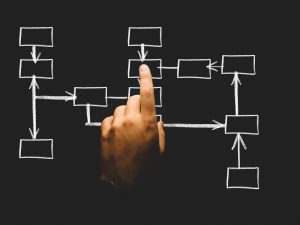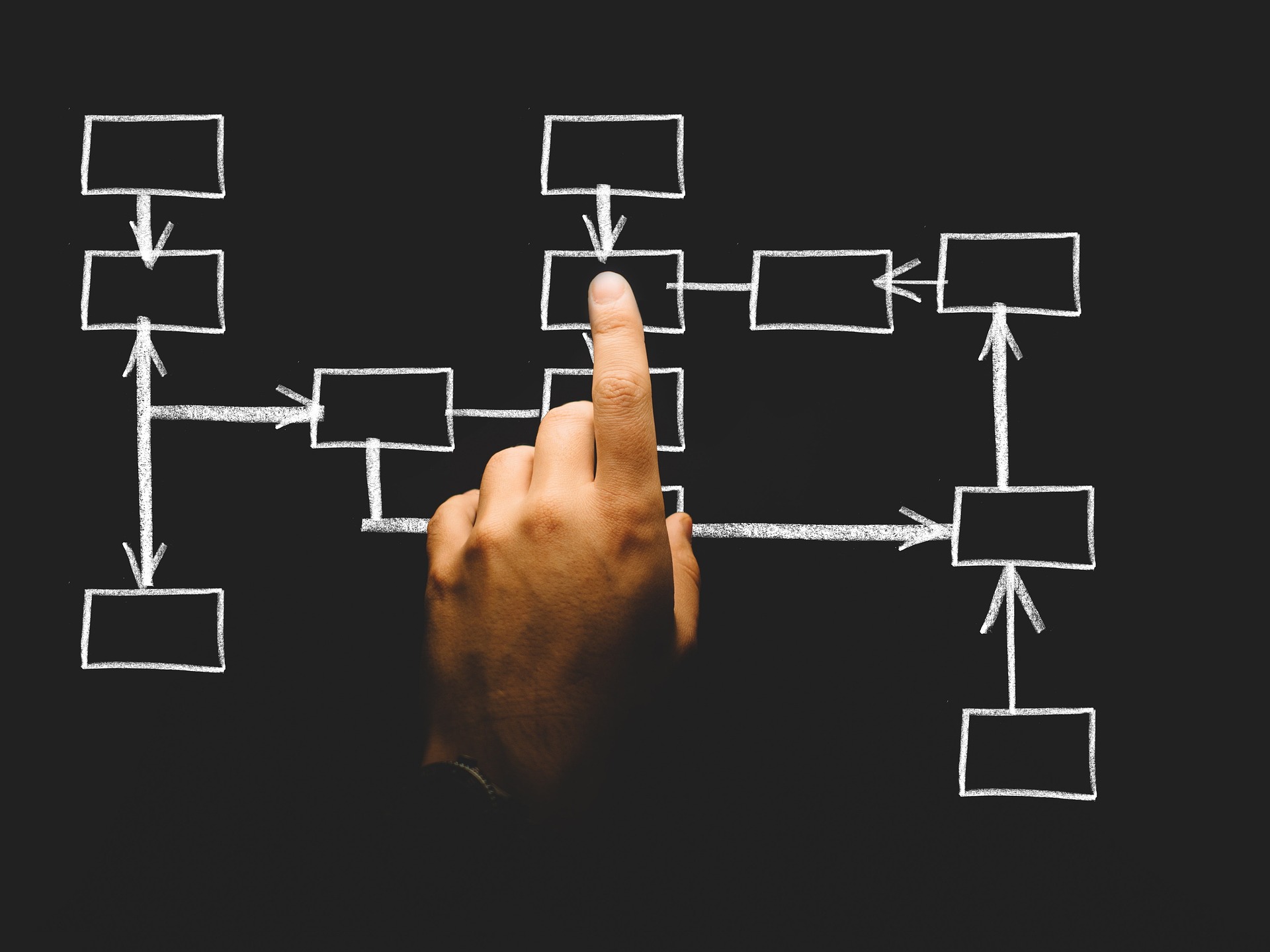What is Organizational Capability, and its Impact on any Organization
What is Organizational Capability and its Impact on any Organization
Organizational capability is the ability of an organization to use its resources effectively and efficiently to achieve its goals. It involves both tangible and intangible aspects of the organization, such as its structure, systems, processes, people, culture, and strategy. Organizational capability is important for the success and sustainability of any business, as it enables the organization to adapt to changing environments, deliver value to customers, and create a competitive advantage.

Importance of organizational capabilities
- Organizational capabilities help organizations gain a competitive advantage, adapt to changing environments, deliver excellent service and satisfaction, drive innovation, and retain talent.
- Organizational capabilities are part of the organizational culture and identity, and they reflect the organization’s values, vision, and mission.
- Organizational capabilities inform the customer experience and the employee experience, and they affect the organization’s quality, speed, and agility.
Impact of Organizational Capabilities
- Organizational capabilities have a profound impact on the business performance and outcomes of an organization. They influence the efficiency, effectiveness, and sustainability of the organization.
- Organizational capabilities enable an organization to leverage its resources, information, knowledge, skills, and technologies to create value and achieve its strategic objectives.
- Organizational capabilities also affect an organization’s reputation, trustworthiness, and relevance in the market and among its customers and stakeholders.
Types of organizational capabilities
- There are different types and categorizations of organizational capabilities, depending on the perspective and purpose of analysis. Some broad categories are:
- Operational capabilities: These basic capabilities enable an organization to perform its core functions and processes efficiently and effectively.
- Strategic capabilities: These are the higher-level capabilities that enable an organization to execute its business strategy and create a competitive advantage.
- Dynamic capabilities: These adaptive capabilities enable an organization to respond to changing environments and opportunities by integrating, building, and reconfiguring its resources and competencies.
Some examples of specific organizational capabilities:
- Organizational culture: How the organization does things based on what it values, believes, expects, and supports.
- Leadership performance: The ability to inspire, motivate, guide, and develop people within the organization.
- Strategic unity: Aligning vision, mission, goals, and actions across the organization.
- Innovation: The ability to generate, implement, and diffuse new ideas, products, services, or processes that create value.
- Agility: The ability to respond quickly and flexibly to changing customer needs, market conditions, or opportunities.
- Talent: The ability to attract, retain, develop, and deploy people with the right skills, knowledge, and attitudes for the organization.
- Customer connectivity: Building strong relationships with customers and understanding their needs, preferences, and feedback.
How to Build Organizational Capability:
Introduction
- Define organizational capability and explain why it is important for businesses.
- Provide some examples of organizations with high or low organizational capability.
- State the main purpose and objectives of the blog post
Step 1: Assess Your Current Organizational Capability
- Explain how to conduct an organizational capability assessment using various tools and methods
- Provide some examples of organizational capability assessment tools or methods
- Discuss the benefits and challenges of conducting an organizational capability assessment
Step 2: Identify
- Explain how to identify the gaps between your current and desired organizational capability using various tools and methods.
- Provide some examples of organizational capability gap analysis tools or methods.
- Discuss the benefits and challenges of identifying organizational capability gaps.
Step 3: Develop
- Explain how to develop an organizational capability strategy that addresses your organizational capability gaps using various tools and methods.
- Provide some examples of organizational capability strategy tools or methods.
- Discuss the benefits and challenges of developing an organizational capability strategy.
Step 4: Implementation
- Explain how to implement your organizational capability strategy using various tools and methods.
- Provide some examples of organizational capability implementation tools or methods.
- Discuss the benefits and challenges of implementing an organizational capability strategy.
Step 5: Monitor And Evaluate
- Explain how to monitor and evaluate your organizational capability strategy using various tools and methods.
- Provide some examples of organizational capability monitoring and evaluation tools or methods.
- Discuss the benefits and challenges of monitoring and evaluating an organizational capability strategy.




